|
By Karen Carnabucci, LCSW, TEP Beyond multiculturalism education and cultural competency, we discover a new phrase – that of decolonizing therapy. This important movement demands that we explore how we can begin to include the trauma of oppression within our healing and helping sessions and dismantle the often-unconscious structures of racism that permeate the field of mental health as we know it. This “decolonizing” trend is related to the larger decolonizing movement, which is the undoing of colonialism, the latter being the process whereby a nation establishes and maintains its domination on overseas territories, and speaking up for social justice and inclusion. Within the educational context, for instance, this means confronting the colonizing practices that have influenced education in in the past, and which are still present today; in application, this would include diversifying materials and content, teach to learning outcomes that address power and social justice and design assessments that allow diverse students to demonstrate mastery in diverse ways. Uncomfortable with traditional mental health services
In the decolonizing mental health, we recognize that people of color are often uncomfortable in traditional mental health services and that the focus on the person ignores that the person is part of a wider system, which includes systemic abuse and cycles of cycles of collective trauma often are the cause of a mental health crisis. Actually, this movement is not new. The psychiatrist and social critic Thomas Szasz famously challenged conventional mental health treatment in the 1960s with his classic book The Myth of Mental Illness, challenging our “modern” foundational beliefs around normalcy, mental illness and treatment. Through the years, more practitioners, scholars and others – particularly women and people of color – have questioned the traditional European-centered white male viewpoint that typically focuses on pathology, diagnosis and one-to-one talk-oriented therapy. In the past 30 years, there has been growing interest in experiential psychotherapies, which might include anything from improvisation and music to wilderness quests and shamanism. Other community oriented practices have also gained respect, including the Theatre of the Oppressed , which describes theatrical forms that the Brazilian theater practitioner and activist Augusto Boal first developed in the 1970s to address oppression, which he described as when one person is dominated by the monologue of another and has no chance to reply. But the fact is that these kinds of therapies and practices are still overshadowed by the dominant approach of the Western medical model which typically consists of patterns of "expert" power-over, the over-reliance on psychotropic medications, and a system that revolves around profits for experts and the pharmaceutical industry. And the second truth is that for many BIPOC -- Black, Indigenous People and People of Color -- this practice is uncomfortable at best, damaging and harmful at worst. Demanding revision and commitment to social justice The newer decolonizing movement goes way big, way wide. It demands of us to revise research paradigms, professional education and hands-on practice to reflect a commitment to equity and social justice in clinics, schools, the community, and the discipline. It asks that the acknowledgement of historical trauma must be incorporated in the mental health system needs to be incorporated and that indigenous forms of mental health care also need to be mainstreamed rather than presented as alternative approaches, quackery or superstition. The trend is burgeoning as more materials – including books for popular reading as well as college and other higher-level courses – become available in our changing world. For those helpers who are interested in changing the way they practice and teachers and supervisors who are seeking updated resources for their students and trainees, here is a short list to check out: In the book, Decolonizing Global Mental Health, authors assert that multicultural counseling and psychology evolved as a response to the Eurocentrism prevalent in the Western healing professions. Ironically, some of the practices and paradigms commonly associated with “multiculturalism” reinforce the very hegemonic practices and paradigms that multicultural counseling and psychology approaches were created to correct. In White Fragility: Why It's So Hard for White People to Talk About Racism, Robin DiAngelo illuminates the phenomenon of white fragility and “allows us to understand racism as a practice not restricted to ‘bad people’ but that so many people practice behaviors that function to reinstate white racial equilibrium and prevent any meaningful cross-racial dialogue. In this in-depth exploration, DiAngelo examines how white fragility develops, how it protects racial inequality, and what we can do to engage more constructively. Decolonizing Global Mental Health argues that it's imperative to explore what counts as evidence within Global Mental Health, and seeks to de-familiarize current ‘Western’ conceptions of psychology and psychiatry using postcolonial theory. It leads us to wonder whether we should call for equality in global access to psychiatry, whether everyone should have the right to a psychotropic citizenship and whether mental health can, or should, be global. A mind-opening text for multicultural counseling and psychology courses as well as other foundational courses in counseling and psychology education, Decolonizing "Multicultural" Counseling through Social Justice challenges us to let go of simplistic approaches, however well-intended, and to embrace a more transformative approach to counseling and psychology practice and scholarship. Social Justice and Counseling represents the intersection between therapy, counseling, and social justice and offers a viewpoint on how training and supervising from a social justice perspective, accessing local knowledge to privilege client voices, justice and gender, and anti-pathologizing and the politics of practice. Each chapter concludes with reflection questions for readers to engage experientially in what authors have offered. Students and practitioners should benefit from the postmodern, multicultural perspectives that underline each chapter. Anti-Oppressive Social Work Practice: Putting Theory into Action applies anti-oppressive theories and concepts to a generalist social work practice model to provide students with tools to develop a critically evaluative and self-reflective social work practice. Race Conscious Pedagogy: Disrupting Racism at Majority White Schools, one of the newest books here, reflects upon the role K-12 education has played in enabling America's enduring racial tensions. Combining historical analysis, personal experience and a theoretical exploration of critical race pedagogy, this book calls for placing race at the center of the pedagogical mission. My Grandmother's Hands: Racialized Trauma and the Pathway to Mending Our Hearts and Bodies by a social worker and psychotherapist examines the damage caused by racism in America from the perspective of trauma and body-centered psychology and offers a step-by-step healing process based on the latest neuroscience and somatic healing methods, in addition to incisive social commentary. Cultural Competence and Healing Culturally Based Trauma with EMDR Therapy: Innovative Strategies and Protocols defines cultural competence and validates the need for a multi-culturally aware approach to psychotherapy that embraces authentic social identities and attends to the impact of socially based trauma. The text offers step-by-step treatment guidelines to help clients recover from traumatic life events, dos and don’t, and common adaptive and maladaptive cultural beliefs. How to be an Anti-Racist, though not specific to psychotherapy, is part non-friction and part memoir that discusses concepts of racism and gives the author's proposals for anti-racist individual actions and systemic changes.
0 Comments
Your comment will be posted after it is approved.
Leave a Reply. |
AuthorKaren Carnabucci, LCSW, TEP, is an author, trainer and psychotherapist who promotes, practices and teaches experiential methods including psychodrama, Family and Systemic Constellations, sand tray, mindfulness and Tarot imagery. Archives
December 2023
Categories
All
|
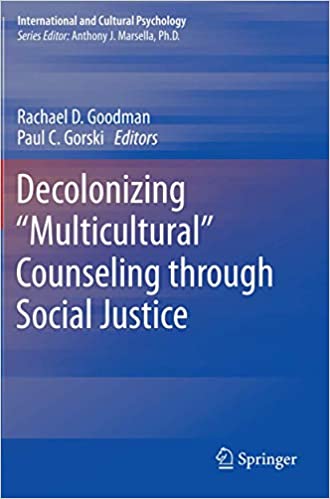
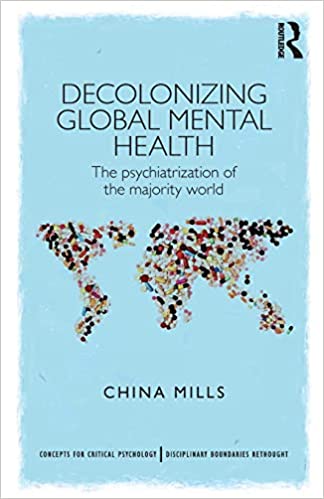
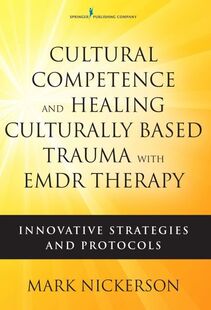
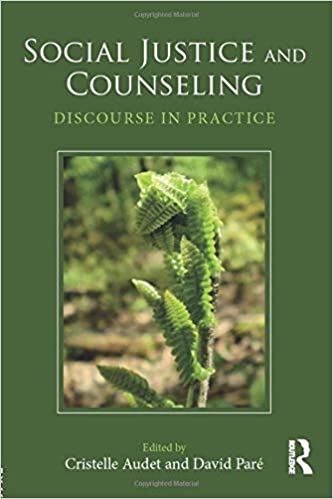
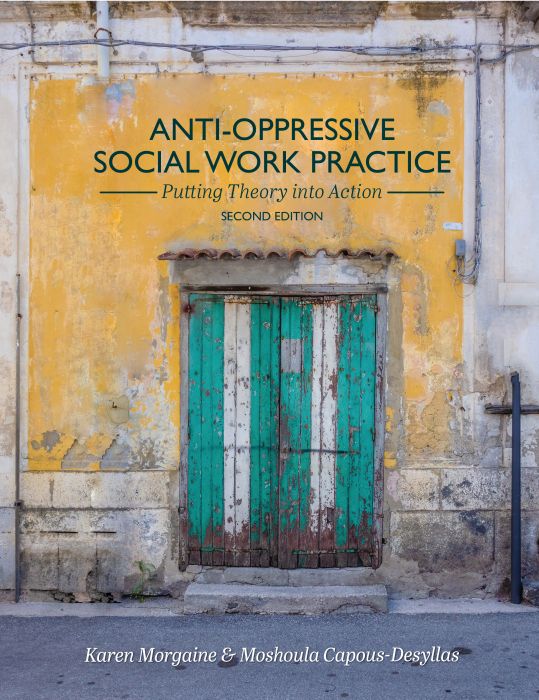
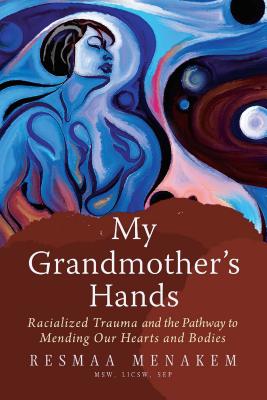
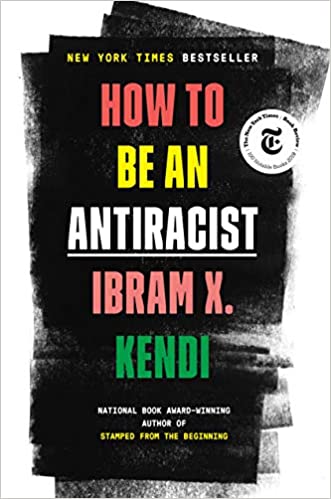
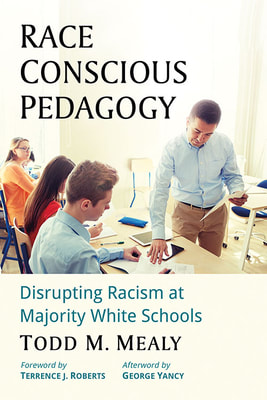
 RSS Feed
RSS Feed